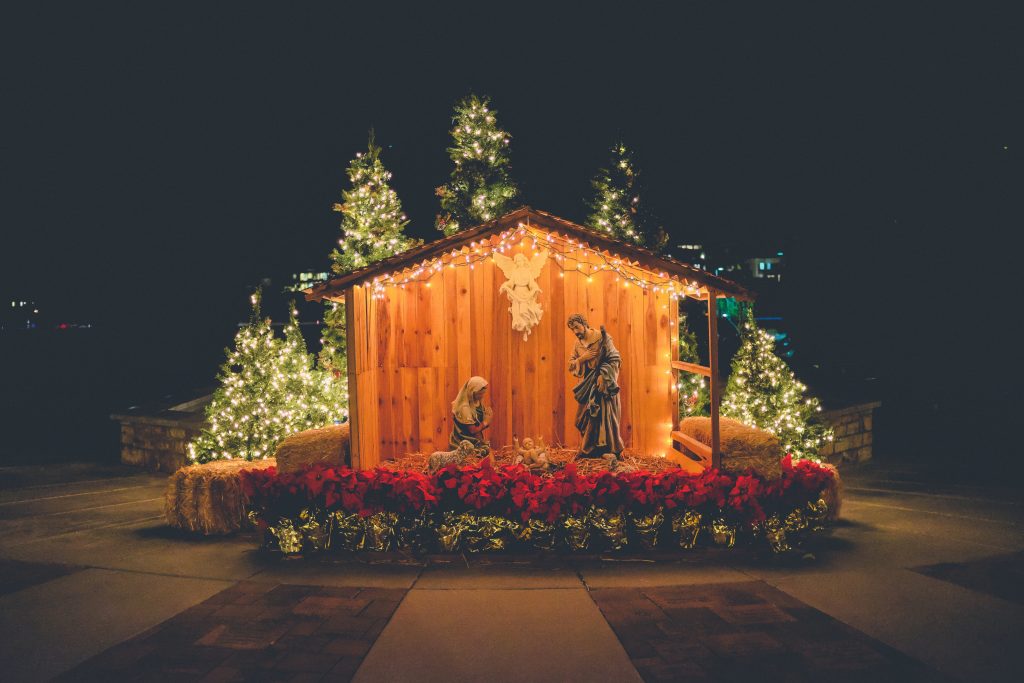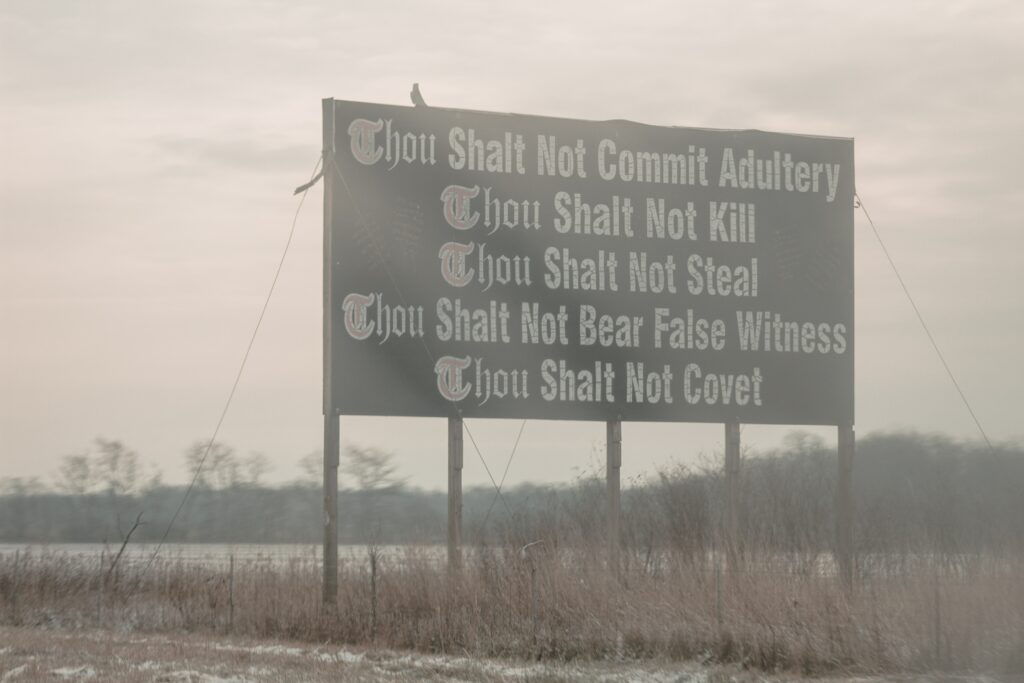
God begins our story by emphasizing that he wants to fellowship intimately with us. The book of Genesis contains many indications of that idea not mentioned in the previous post—his fellowship with Abraham, and Isaac, and Jacob most notably, a story punctuated with the building of altars and the offering of sacrifices that speak of such fellowship, and indeed of love.
As we move into Exodus, the theme continues.
God has promised Abraham that he will give his descendants a certain land—the land God has directed him to, and on which Abraham has already walked—the land of Canaan. As Exodus opens, Jacob (Israel) and his handful of descendants have left the land of promise—because they were in danger of starving in the famine—and have relocated to Egypt, at the clear providential direction of God through Jacob’s son Joseph. And under Joseph’s protection, they flourish there.
But dark times come. A new Pharoah arises, who knows nothing of the centuries-old stories of Joseph, the savior of Egypt, and who sees Jacob’s descendants as simply a supply of free manual labor.
So the Israelites become slaves—toiling under merciless taskmasters, and for free.
But God sees, and he hears their cries, and he raises up Moses, providentially raised in Pharaoh’s very courts, to take a message to Pharaoh:
Let my people go.
Did you hear that?
My people. Mine.
Family. Intimacy. Love.
And through a series of plagues, which are clearly direct attacks on and defeats of Egypt’s many gods, the LORD brings his beloved people out of Egypt, through the Red Sea to Sinai, where he meets with their leaders—face to face with Moses—and enters into a covenant with them. That covenant is rich and multifaceted; he is their Lord, their King. But he is also their Husband.
He marries them.
And during an extended period with Moses on the mountain, he gives extensive instructions for a Tabernacle, a tent where he will dwell among them. When Moses returns down the mountain, his face shines with the intensity of his fellowship with God.
And with the energetic cooperation of the people, skilled and gifted craftsmen build the tent to the exact specifications God has given. They call it “the Tent of Meeting,” because in that simple edifice both Moses and the high priest can meet with God. The Tabernacle is set up in the very middle of the camp.
And as the crowning element of this marriage ceremony, the visible light of God’s presence, the pillar of cloud and fire1, descends and hovers over the tent, directly over the Holiest Place, the section of the tent where the Ark of the Covenant is placed.
This Ark is a gold-plated box containing the Ten Commandments—the marriage license, if you will—and Aaron’s rod, the symbol of priestly authority. Its solid-gold lid, the Covering or Mercy Seat, features images of two cherubim facing each other, and God says that he dwells there on the Mercy Seat, between the cherubim. It is there that the high priest, once a year on the Day of Atonement, sprinkles the sacrificial blood that will cover the sins of the people for another year.
God dwells among them.
He has married them, and now they move in together and set up house.
Next time: the theme continues.
1 In my loosely held opinion, there were not two pillars, one of “cloud” during the day and another of “fire” during the night, with daily transitions from one to the other. Rather there was a single bright white pillar, which looked like a bright cloud during daylight hours and then, with darkness, appeared more luminescent, like fire. The cloud is referred to as a “pillar [singular] of cloud and of fire” in Ex 14.24. This seems consistent with Solomon’s statement that the Lord “would dwell in thick darkness” (1K 8.12 // 2Ch 6.1; cf. Ex 20.21; Dt 4.11; 5.22).
Part 3: Marriage | Part 4: Turning the Page | Part 5: Forever

